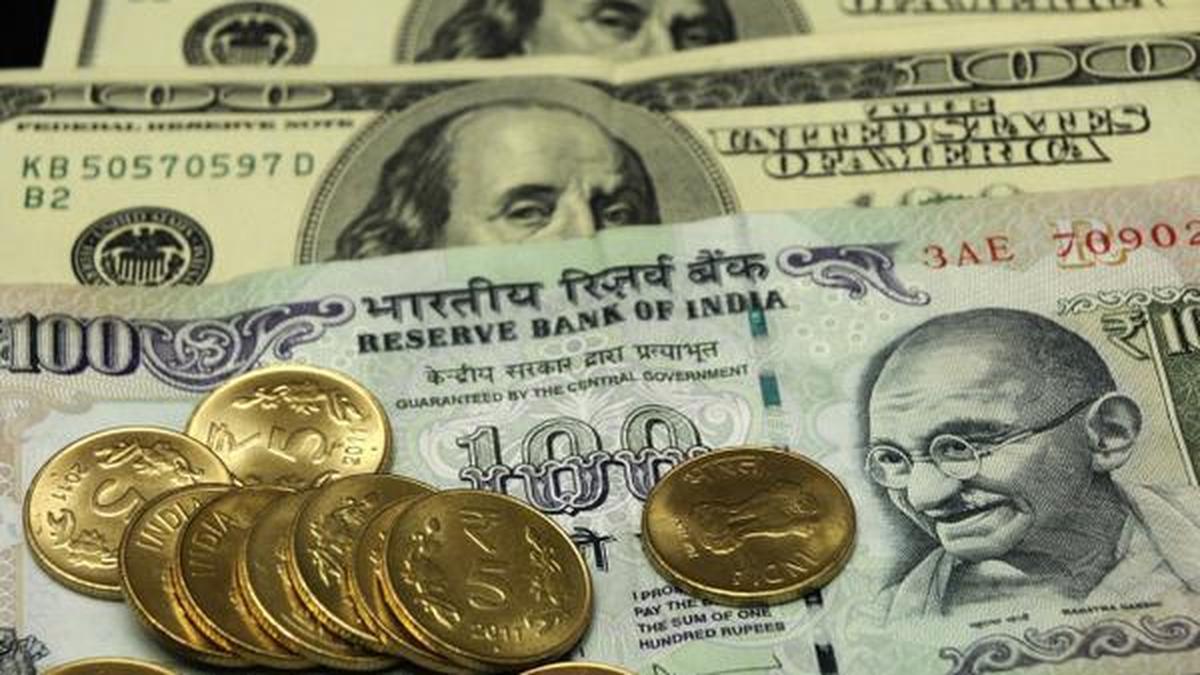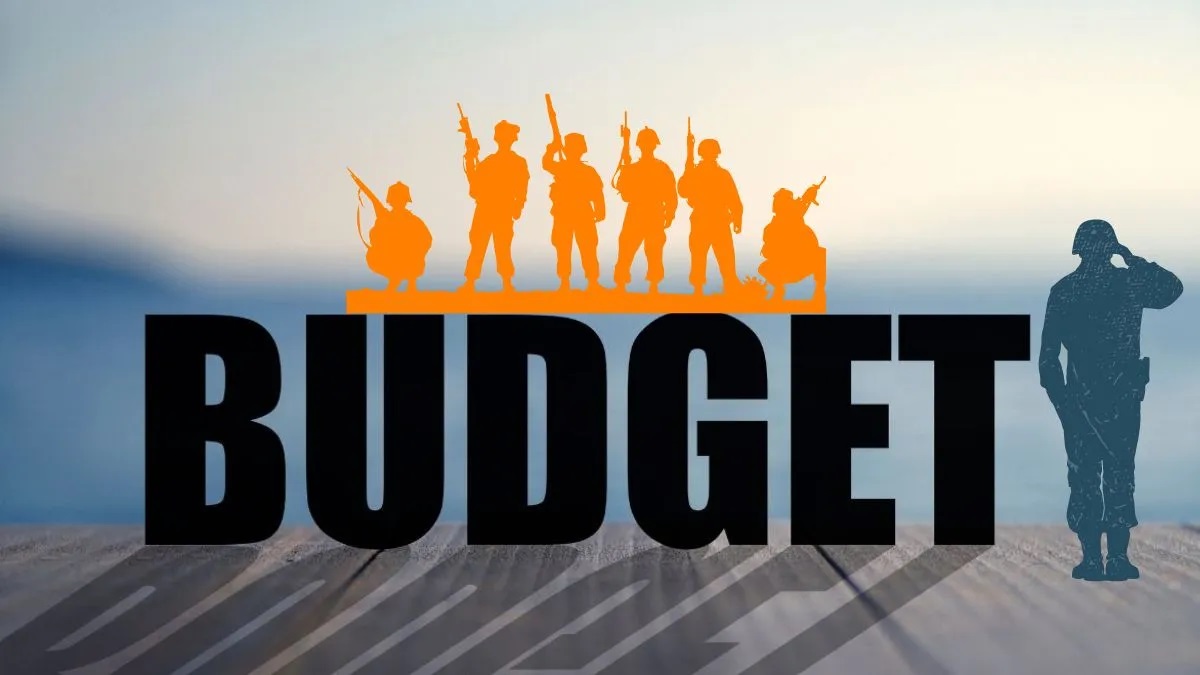Prime Minister Narendra Modi has approved the setting up of the 8th Pay Commission to review and recommend reforms in pay and pensions for central government employees and pensioners. Information and Broadcasting Minister Ashwini Vaishnav made the announcement at a press conference, following the recent increase in Dear Allowance (DA) to over 50 per cent of the basic salary.
Current DA rates
Currently, 53 per cent of central government employees and pensioners receive DA, which is set to increase further. Salaries and pensions are currently based on the 7th Pay Commission, implemented on January 1, 2016.
Expected reforms and recommendations
The 8th Pay Commission is anticipated to propose a significant salary hike, similar to past recommendations. Previous Pay Commissions have included:
- 7th Pay Commission (2016):
- Minimum Basic Salary: Rs 18,000 (up from Rs 7,000)
- Fitment Factor: 2.57
- Comprehensive review of pay structure and pensions
- Introduction of health insurance for employees and pensioners
- 6th Pay Commission (2006):
- Minimum Basic Salary: Rs 7,000 (up from Rs 2,750)
- Fitment Factor: 1.86 (revised from 1.74)
- 5th Pay Commission (1996):
- Minimum Basic Salary: Rs 2,750 (up from Rs 750)
- Reduction in pay scales and workforce size
- 4th Pay Commission (1986):
- Minimum Basic Salary: Rs 750
- Maximum Basic Salary: Rs 9,000
Fitment factor: Key to increasing wages
The fitment factor is crucial to the Pay Commission recommendations. It is the multiplier applied to the original salary to calculate the adjusted salary. For example, if the 8th Pay Commission recommends a fitment factor of 2.5, an employee earning Rs 40,000 as a basic salary could see his salary increase to Rs 1,00,000.
Why are pay commissions essential?
Pay commissions are set up to address the economic realities faced by government employees, to ensure their wages and pensions, and to address inflation and economic conditions. The purpose of these reviews is to improve quality of life while balancing financial obligations.
next steps
Experts believed that the 8th Pay Commission has the potential to make significant reforms in salaries, allowances, and pensions, fulfilling the long-standing demand for simplification and consolidation.
FAQs
1. What is the proposed Fitment Factor for the 8th Pay Commission?
The proposed fitment factor is 2.28, reflecting a 34.1% increase in the minimum wage.
2. When will the 8th Pay Commission come into effect?
It is expected to be implemented from January 1, 2026.
3. What is the anticipated increase in the minimum wage?
The minimum wage is likely to rise from Rs 18,000 to Rs 41,000.
The 8th Pay Commission represents a crucial step toward improving the financial well-being of central government employees and retirees while balancing national fiscal responsibilities. Stay tuned for further updates as discussions progress.
Also read | PM Modi gives nod to 8th Pay Commission, recommendations likely to be implemented from 2026





